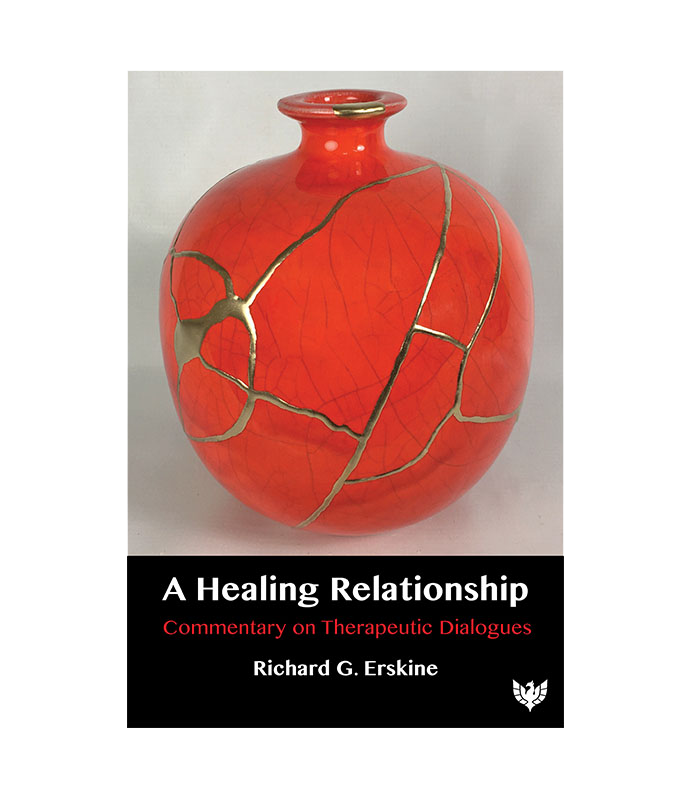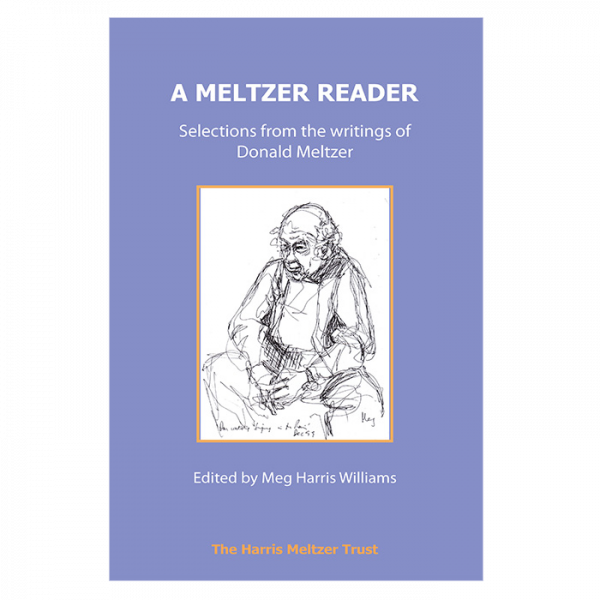A Healing Relationship is about a relationally focused psychotherapy, how the author works, and why. The first couple of chapters provide a brief orientation to relationally focused aspects of an integrative psychotherapy. The heart of the book are the transaction-by-transaction examples of what actually occurred in the psychotherapeutic dialogue. It is composed of three verbatim transcripts along with annotations about what the author was thinking and feeling when he engaged in psychotherapy with each client. Many of the annotated comments as well as the actual therapeutic dialogue will describe some elements of the process of relationally focused psychotherapy and the reasoning behind his therapeutic comments, silences, and challenge.
This book is intended to elicit a dialogue between the reader and the psychotherapist / author and is written as though a personal letter. Psychotherapy is such an interpersonal encounter — an intimate meeting of two souls. No two psychotherapists will ever do the same therapy, even with the same client, even if they use the same theory and methods. It is important to appreciate how each think about theories, the concepts that underlie the methods chosen, how each assess the therapeutic setting, and express personal temperament.
Richard G. Erskine has taken an important step in communication about the practice of psychotherapy. Not only with this excellent book but also with video footage of the three therapy sessions, which will be made accessible to purchasers of the book. The overarching aim is to stimulate important conversations between colleagues; to both agree and disagree, to influence each other, to grow professionally, and to share knowledge.




 Richard G. Erskine, PhD, Training Director at the Institute for Integrative Psychotherapy, is a clinical psychologist with five decades of experience in the clinical practice and teaching of psychotherapy. He has specialised in the treatment of severely disturbed children, run a therapeutic community in a maximum security prison, and conducted his psychotherapy practice in New York City specialising in the treatment of obsession, dissociation, narcissism, schizoid processes.
Richard G. Erskine, PhD, Training Director at the Institute for Integrative Psychotherapy, is a clinical psychologist with five decades of experience in the clinical practice and teaching of psychotherapy. He has specialised in the treatment of severely disturbed children, run a therapeutic community in a maximum security prison, and conducted his psychotherapy practice in New York City specialising in the treatment of obsession, dissociation, narcissism, schizoid processes.
Amazon review: User 10144, August 2021 –
5/5 stars: Excellent.
This book goes perfectly with Richard Erskines online course via nscience. After completing the course I bought and read this book which has excellent examples of the therapeutic relationship and the live work he did with clients, with a link to watch the actual videos, where he works with some clients who were not easy to connect to; but he does and very well.
James Sweeney, The Transactional Analyst (Autumn 2021) –
‘the book is important for all those who want to reflect on the process of their own work. I also believe Erskine’s openness around his work, his feelings, his thinking, his capacity to reflect on himself, the relationship and his client, will be very helpful for those who sometimes see their own struggle within the process with their client as reflecting negatively on themselves rather than seeing the struggle as the very stuff of the therapeutic journey.’
Amazon review: Angelika Glöckner und Moritz Köhn –
5/5 Stars
‘The book “Healing Relationship” by Richard Erskine offers an extraordinarily differentiated opportunity to deal with the importance of relationship formation between the client and the therapist. Through the preceding personal insight into Erskine’s theoretical reflections and the subsequent commentaries of his transcribed therapy sessions, readers get a remarkably comprehensive insight into Erskine’s current thinking, acting and reflecting. His special role as a highly competent and experienced psychotherapist with his extraordinary ability for self-regulation and self-organization becomes clear.
The transcripts provide a unique closeness to the therapy process and thus the opportunity to intuitively understand and then mentally consolidate Erskine’s process design. The insights provide approaches for reflection beyond the context of therapy and counseling: Possibly also of relevance for the personal life of the readers.
It can be noted with great appreciation that the book very wisely distinguishes between methodological and content interventions on the one hand and reflective relational analysis itself on the other hand.
Without hesitation, this book can be seen as a valuable contribution in a special manner: Not only in the context of therapy, but in all fields of application in which relationship formation and its meta-reflection is of importance.
Readers thus have an excellent and rarely available opportunity to learn in a practical and experiential way, to reflect and think for themselves, and then to integrate important aspects of successful relationship behavior into their own professional context in an authentic and suitable manner.’